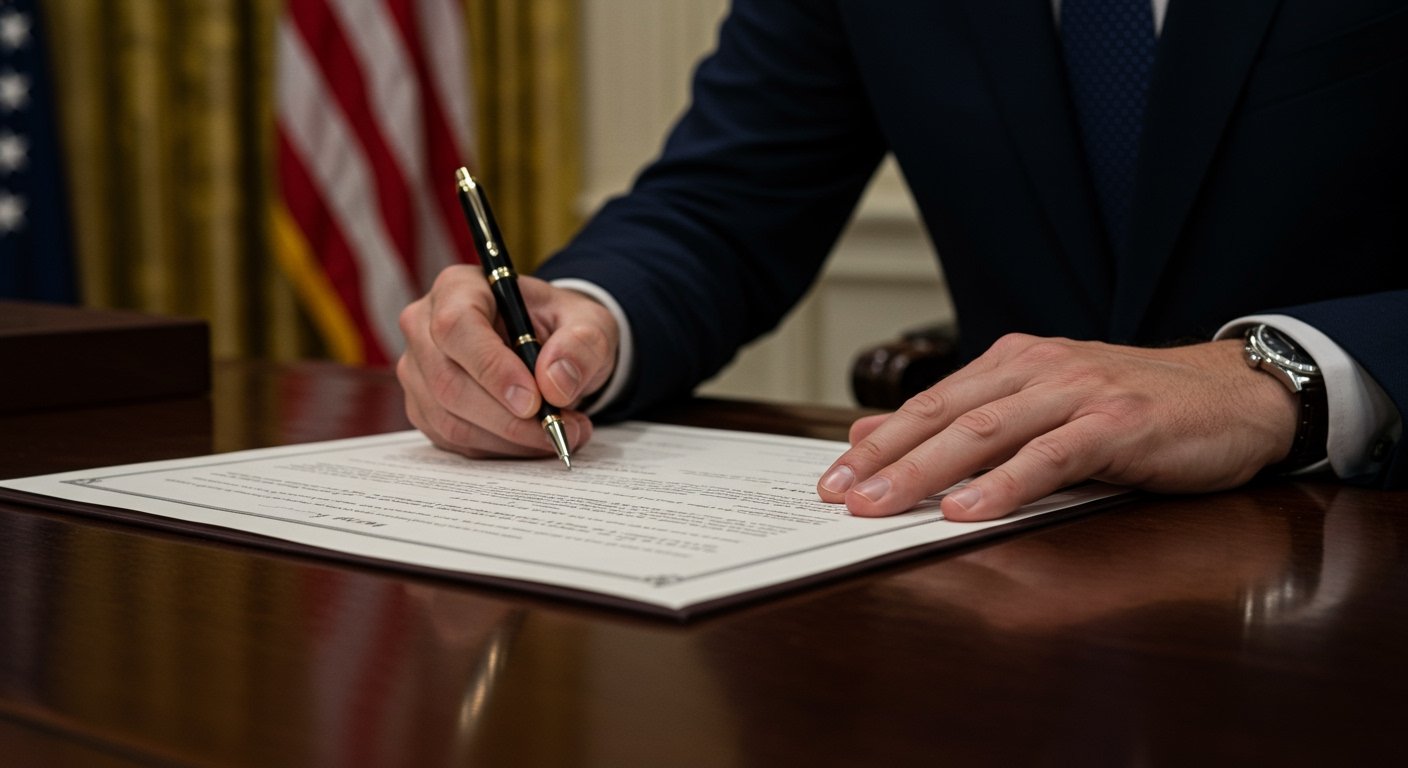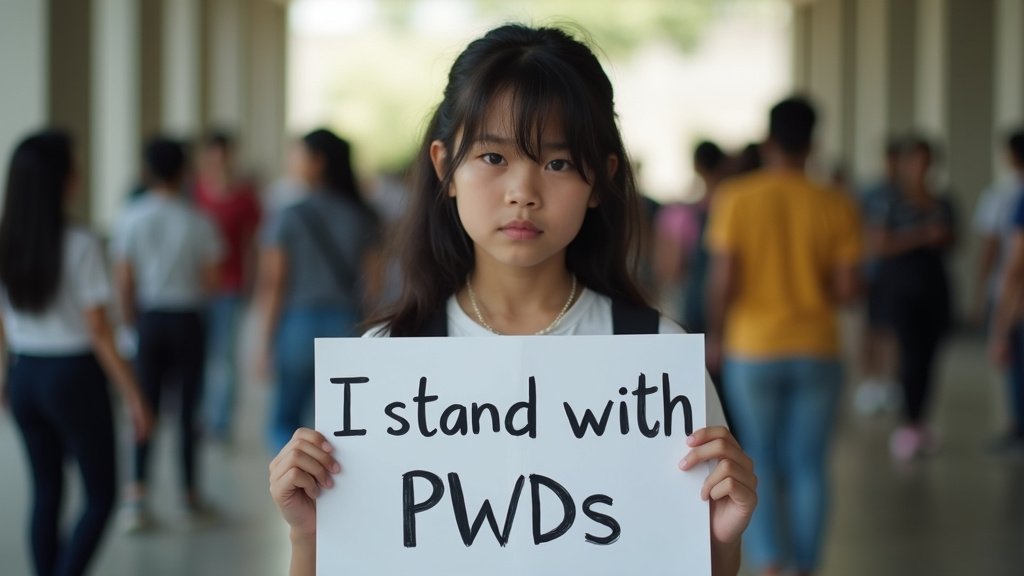WASHINGTON D.C. – President Donald Trump is scheduled to sign a major domestic policy bill, a cornerstone of his administration’s agenda, during a ceremony at the White House on Friday, July 4, 2025. The event is set for 4 p.m. ET, coinciding with the national celebration of Independence Day.
The legislation, which President Trump has referred to as his “one big, beautiful bill,” narrowly cleared a vote in the House of Representatives on Thursday afternoon, passing by a margin of 218-214. White House press secretary Karoline Leavitt characterized the measure as an “encapsulation of all of the policies that the president campaigned on,” highlighting its significance to the administration’s platform.
The passage in the House saw no support from Democrats, reflecting the highly partisan nature of the bill. Notably, two Republican representatives, Brian Fitzpatrick and Thomas Massie, also voted against the legislation.
Key Provisions Detailed
The expansive bill encompasses several significant changes to existing federal programs and tax policies. A central component is the permanent increase of the child tax credit. The credit, currently set at $2,000 per child, which was slated to revert to $1,000 in 2026 under previous law, will be permanently raised to $2,200 per child.
Conversely, the legislation imposes stricter requirements on the Medicaid program. These changes include the introduction of work requirements for some able-bodied adults and more frequent eligibility checks for beneficiaries. The Congressional Budget Office (CBO) has released an analysis predicting that these changes will lead to 11.8 million Americans losing their Medicaid coverage over the next decade.
The bill also includes provisions affecting taxation for tipped workers. It allows many workers who receive tips and overtime to deduct up to $25,000 of this income from their taxes. This deduction is slated to remain in effect until 2028.
Furthermore, the Supplemental Nutrition Assistance Program (SNAP), commonly known as food stamps, will see significant alterations. The legislation expands existing work requirements for program recipients and mandates that states with high payment error rates must cover a portion of the program’s costs.
Legislative Path and White House Involvement
The successful passage of the bill is reported to have involved deep engagement from the executive branch. Both President Trump and Vice President Vance were reportedly actively involved in the legislative process leading up to the narrow House vote. Their involvement underscores the administration’s commitment to seeing this package of policies enacted into law.
The bill’s journey through Congress reflects the current political landscape, requiring near-unanimous support from the president’s own party in the House to secure passage.
Expected Impact and Controversy
The bill’s provisions are expected to have broad and varied impacts across different segments of the American population. While proponents highlight the tax relief offered through the enhanced child credit and the deduction for tipped workers, critics, particularly those citing the CBO’s Medicaid projection, voice significant concerns about the potential for millions to lose healthcare coverage.
The inclusion of expanded work requirements for Medicaid and SNAP aligns with a long-standing Republican policy objective aimed at encouraging employment among beneficiaries of federal assistance programs. However, these requirements have historically been met with opposition from those who argue they create unnecessary barriers for vulnerable populations.
The decision to sign the bill on July Fourth adds a layer of symbolism, framing the legislation as a measure intended to bolster American families and the economy, consistent with the spirit of national independence.
The Signing Ceremony
The White House ceremony scheduled for Friday, July 4, 2025, at 4 p.m. ET, is anticipated to be a high-profile event. President Trump is expected to highlight the bill’s key features and portray its enactment as a major achievement of his administration.
With the bill now having passed both chambers of Congress in some form and narrowly clearing the House after modifications, its signing into law will mark a significant moment in the implementation of the domestic agenda championed by the Trump administration and Vice President Vance.





